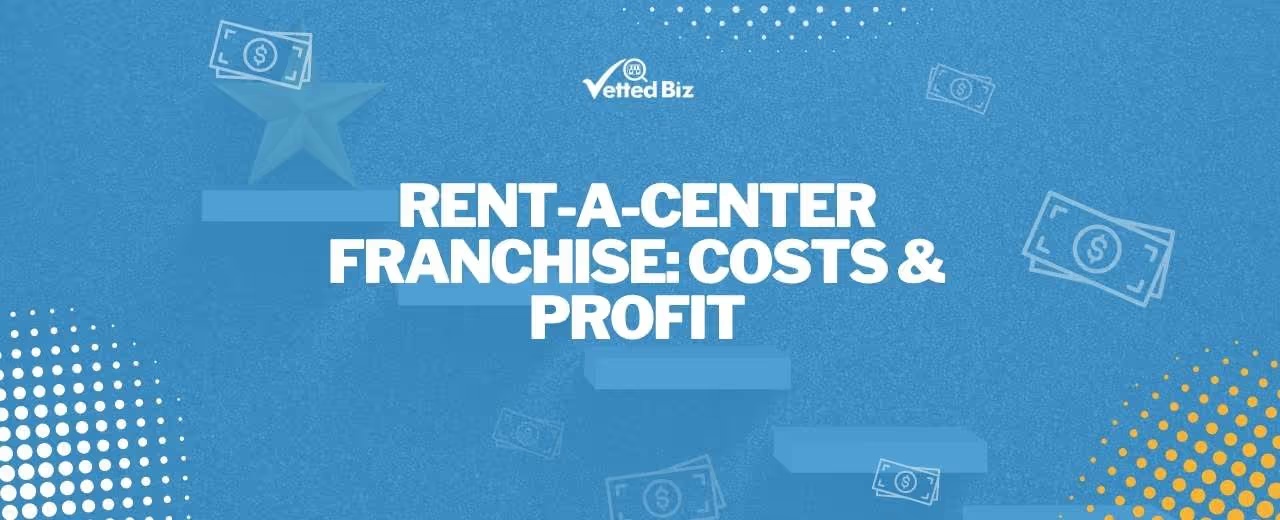Duck Donuts is a gourmet donut shop specializing in made-to-order donuts with a variety of flavors and toppings. The franchise offers freshly made donuts and other breakfast items, such as coffee and bagels, in a fun and friendly atmosphere.

Key Insights
- Duck Donuts began as a family venture with a simple idea: create made-to-order donuts. The business has grown from its origins by focusing on customizable creations and a welcoming customer experience, evolving into a recognizable brand in the dessert landscape.
- The franchise operates on a model where customers choose their donut base, coating, and toppings, with each donut prepared fresh upon ordering. This personalized approach extends to the customer service, creating a unique bakery atmosphere.
- The donut industry is a segment of the broader food and beverage market, experiencing consistent demand for sweet treats and convenience. This sector offers opportunities for businesses that can differentiate themselves through product quality and customer engagement.

Franchise Fee and Costs to Open
Exploring the financial picture of Duck Donuts gives insight into both the upfront commitment and the potential revenue opportunity. According to FDD Item 7, opening this franchise typically involves an investment in the range of $514,650 - $736,800, along with a franchise fee of $40,000 - $40,000.
Financial Performance and Revenue
Yearly gross sales of $499,779 and estimated earnings of $59,974 - $74,967 show the potential financial performance of this franchise. These figures are crucial for prospective franchisees as they help to project revenue and profitability. They offer insight into the business's ability to generate income and can be used to compare its performance against other investment opportunities. The Franchise Payback Period of 9.8-11.8 provides an estimation of the time it might take for an owner to recover their initial investment. This metric is a key consideration for anyone evaluating the financial viability of a franchise, as it relates directly to the speed at which the business can become profitable. A shorter payback period can indicate a faster return on capital, which is a significant factor in making an informed decision about a franchise investment.
Training and Resources
Duck Donuts provides comprehensive training and resources to new franchisees. Initial training, lasting approximately three weeks, is conducted at Duck Donuts' corporate headquarters and training facility. This program covers operational procedures, product preparation, and customer service standards. The franchisor also offers ongoing support and access to marketing materials and operational manuals.
Legal Considerations
Legal considerations for a Duck Donuts franchisee are outlined in the Franchise Disclosure Document (FDD) and the Franchise Agreement. Note that this franchise discloses lawsuits and/or bankruptcy information in its FDD, which may impact your evaluation. Subscribe now to access more details and be sure to consult a qualified attorney before proceeding.
Challenges and Risks
Operating a donut franchise involves navigating a dynamic local landscape, with established bakeries and other quick-service eateries presenting a competitive environment. Maintaining consistent product quality requires careful management of ingredients and baking processes, a task that can become complex during peak hours. A reliance on specific donut mixes and specialty toppings means understanding and securing dependable supply chain relationships is crucial for uninterrupted operations.



